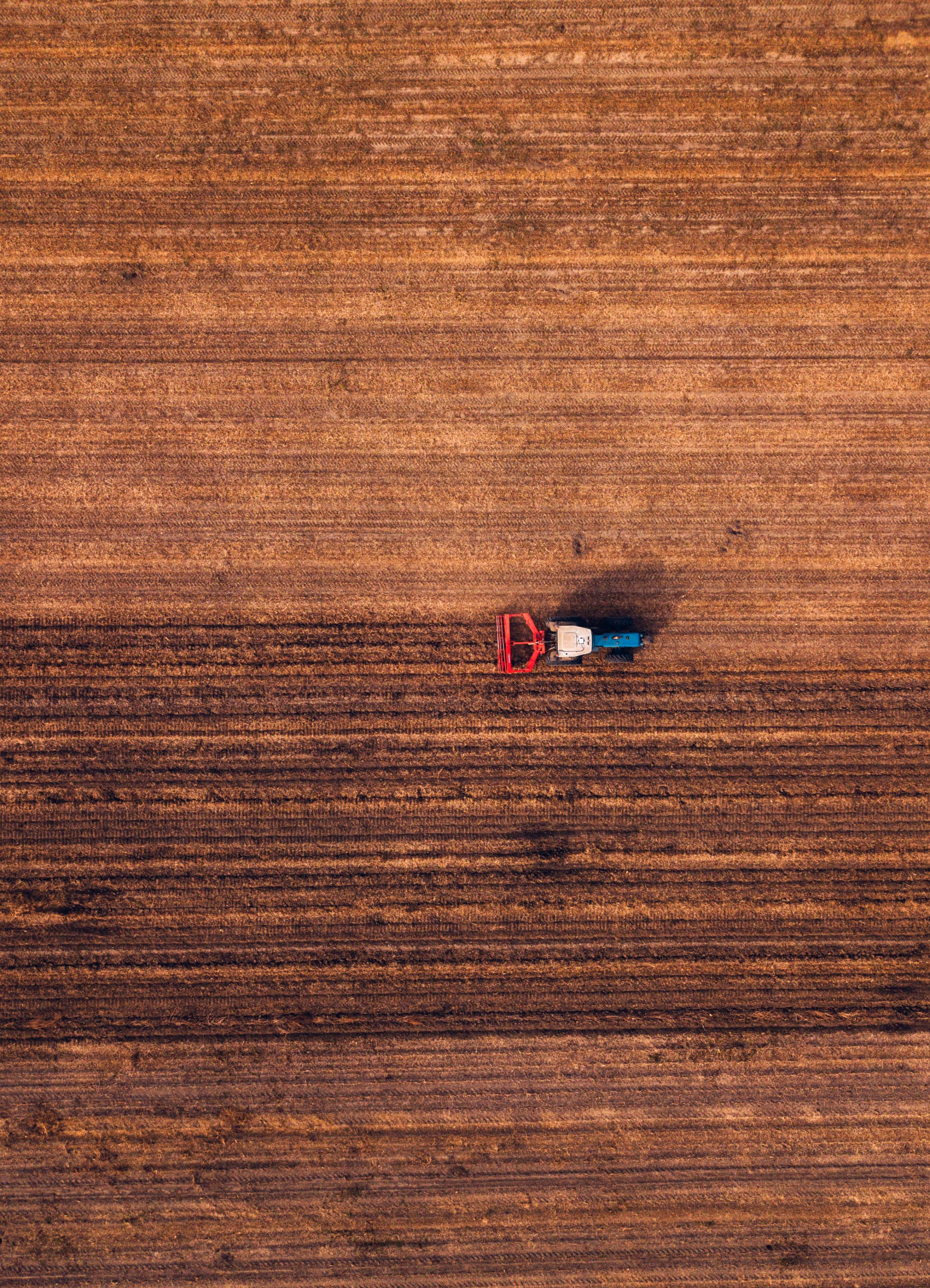Agriculture.
 .
.
.Numbers
In 2004 the percentage of agriculture that make up the nations GNP was 5%. As of the end of 2015 it was 2%. The numbers speak for themselves.
The agriculture sector of Ireland in relation to overall national industry has shrunk. This certainly is not good news for farming communities that they will further come under increasing pressure even more with the possible onslaught of the TTIP treaty and the quiet effects of that which Fine Gael and Labour are unwilling to mention. At its height during previous good times, the Agri-sector exports from Ireland was approaching €9 billion. This made up for 10% of all our 2008 exports.
Certainly a lot more farmers are under more serious pressure this last few years alone. The suicide rate amid the farming working communities has risen sharply. In 2010 before Fine Gael and Labour took to government office the rate was already in a rise of 25%. The issue of suicide among the farming community was further raised in 2012 when a farmer and junior minister at the Department of Agriculture, sadly also passed away.
As of the end of 2014 more than half of Irelands farmers have been directly affected by suicide, either in their immediate family or community (by that stage Ireland is on record as having the fourth highest overall suicide rate in Europe, with 10 people taking their own life every week).
An Irish Examiner and ICMSA (Irish Creamery Milk Suppliers Association) farming survey exposed that 53% of farmers had been effected by suicide. 16% stated they had experienced it either in their immediate or wider family. More than a third had experience of suicide among the local community or neighbours. A fifth of farmers between the age of 35 and 44 had lost family or friend.
There are of course many factors as to why this was happening and sadly continues. Many of the factors have been researched that have led to these unfortunate losses in lives to the farming community of Ireland.
On the minds of those in business, are strongly economic and social issues. Healthcare costs, serious rural crime and vandalism also strong emerge as factors along with mortgage arrears, possible drug and alcohol abuse plays on the minds of farmers as they try go about their daily livelihood. On the topic of farming livelihood, the average family farm income was found to be less than €26,000.
The President of Ireland himself referred to this as he expressed in 2014 his own deep concern over a tide of lost lives in rural communities. Speaking while opening a National Ploughing Championships at Ratheniska, near Stradbally, Co Laois he added:
“Of course, this average glosses over very different realities between various sectors and regions of Ireland, but it remains a revealing indicator of the difficult financial situation in which too many Irish farmers find themselves.”
We should to try help this unfortunate area of depression and serious pressure. We could look to instigate a formal section within the Dept. of Agriculture to assisting further the Irish farming community in realistic ways to sway a tide of sad family and friend loss into much lower numbers. Again here, this is real lives we are talking about. These people if politicians want to be just financial about it too, are our additional national assets. Let’s cherish them better!
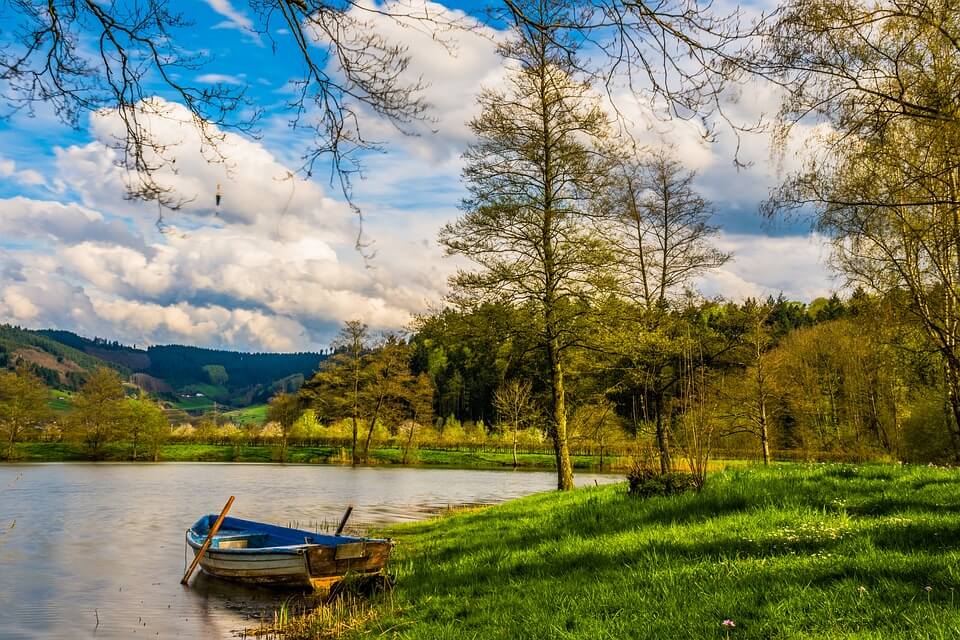
Moving Towards Better
UnitedPeople would like to see animal welfare a priority in law reform. The introduction of a greater involvement, departmental position for animal welfare, advising ministerial elected - if not allocated to a sub-ministerial position on their own, would be greater sought to be created.
Through the IFA, ICSA (Irish Cattle & Sheep farmers Association), etc. UnitedPeople would seek to create better economic price stability at European level regarding exports to foreign markets.
Dairy expansion needs again to be looked at and enhanced for both existing farmers and potential incoming new ones. It's much less become an areas of economic interest for younger citizens wishing to enter the agriculture sector in some way. More would sought to be done in this area by UnitedPeople. The benefits would help at local and national level.
Ireland is facing further upcoming problems regarding availability of land for rent or purchase. To try head this off, UnitedPeople would like to instigate a rental/purchase scheme for start-up or experienced trained farmers to allow them to expand their business and home stability.
UnitedPeople would like to instigate new state policies and practices allowing greater opportunity for farmers to gain greater use out of solar power to run their machinery. This could not only save farmers money but also make some back by feeding any excess created into the national grid. the current lack of resources including advice and financial assistance, is simply deplorable. Help in fact, should be available both to farmers and anyone wishing to avail of the new possibilities of solar energy.
At a time when the state is charging a 'green tax' with an excuse related to emissions, it is not acting in the best interests of citizens to ease their burdens in this area. The government in fact is crying out for new sources of new energy to be created - but when it comes to close to home ability to do so, little or no help is available whatsoever. UnitedPeople recognises this and would turn this around.
Another issue that needs to be addressed is in the areas of land Commonage. Acting in a free intermediary capacity, UnitedPeople would seek to create better farm Commange policies. as agriculture land at times has now become more scare, its without doubt necessary to better define better legislation regarding land rights and the use of same between people.
Without question, as soon as possible, a ban on over-usage of super trawlers in Irish waters would instigated or if tried halted, be sought firstly through greater international consultation before if necessary, moving to the European Court with a legal challenge that could be initiated based on particular related aspects. UnitedPeople feels strongly that Ireland should regain fairer fishing rights at European level. This must be more done to greater ensure the social and economic survival of Ireland's local and national fishing industry. It's not a question of "If" it should be done - it MUST be done. The sooner, the better.
Readdress the huge imbalance and protects Ireland shores from the over-fishing by super-trawlers against the far less amount Ireland's smaller fishing boats can capture within any one period. Addressing the imbalance between the two categories will help ensure employment and increase the home fishing market sector. The knock-on from this, toward other businesses (able to lower their customer food costs) could increase such areas as tourism and food hospitality industry. Leading on from this again, it all could be of further national economic benefit in many ways.
.
Forward Thinking
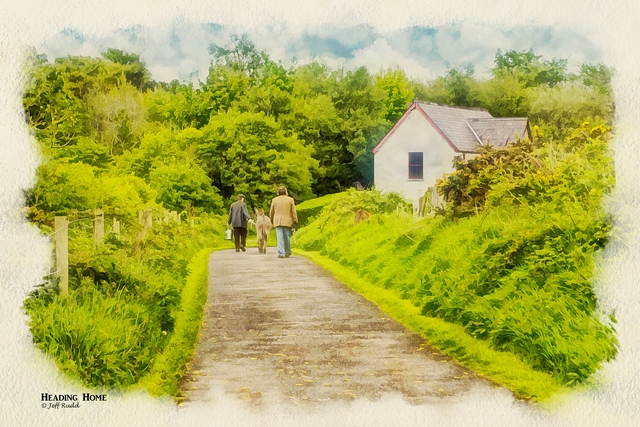
UP proposes we reach out direct to the farming organisations, unions and directly affected communities, to see what really needs to be done on the farming soil to make things easier for those in this business. This would mean not just having a far off capital city section doing all the work but through already established health care offices around the country, a new set of caring mental health protocols and financial help procedures could be initiated at a more local level.
Farmers and their families that also need assistance when their backs are against a crime, financial or other factor wall, including education costs for their offspring, are to be reached out to more, to help ease an every growing serious of burdens placed upon a farming community that itself is under industry strain. Health care offices and their staff would be additional resourced to cope with any inquires. This at times might place already over stretched offices also under pressure. To cope with this, we could seek to localise the hiring of additional staff which would be from a background of the matter they would be tasked to assist in. Further help in this could be sought from better instigated communication also from farming organisations and direct individual on a more regular basis.
It is clear that the farming community needs to be listened more to and their needs understood. While throwing money in some areas is always helpful to a section of a farming community, it’s also those that fall outside many areas uncovered, those that slip through the gaps, that helps leads to unfortunate events later.
Ireland once had a far more thriving farming community. Evan as recently during the good times, the agriculture sector employed nearly 150,000 people or 7.5% of the total Irish workforce. From the thirties and forties onward as Ireland grew more industrialised and external factors beyond Irelands shores, played a big factor in reducing the percentage of farming activity in relation to Irish GNP, the end results have eventually brought Irelands farming community to the numbers that it exists of today.
There has been a continuing increase of families moving away from rural communities to urban situations. This has come about by a dying lack of rural services. Post offices, health centres, Garda stations, banks, rural veterinary offices, even local schools have closed complete up or simply been once again moved to larger towns and cities. These occurrences do nothing to assist those left behind trying to survive in rural communities.
Such events just make life harder and add to an already strain that can be largely also economic too as prices of feed, animal medical care costs and in general it’s found that dividends of higher volume output come from those gone to the industry sector rather than agriculture.
A rising people of Ireland and its representatives needs to look further at supporting our rural communities more. We should do this because of a number of good sound reasons.
The first would be so that families and those they could additional employ back into the agriculture sectors, could easier survive and turn a greater yield – if they were given the assistance that its clear they very much need more of.
Secondly, as aforementioned, in trying to reduce Ireland’s national suicide rate, by improving a positive rural outlook through creating more employment opportunities in the agriculture field, an end effect should be a drop in lives lost to the farming community. Always a good thing there too – as let’s be honest – the more lives lost to the sector, the less chance of it increasing in national GNP and personal/local business output?
Thirdly, from a national perspective of “green Ireland” and a once larger thriving farming identity the country had, a revival of a more positive farming community could help re-establish the province’s individual cultural identity on the national and international stage. A further financial side-effect of this could be utilised by the tourist industry if we were to all succeed in making things better in the rural districts.
.
Right To The Point

We need to get down and really start talking – but more so listening – to those that are working and sometimes just surviving in these struggling areas. Political parties previously established will say this is being done already – and they would be correct to a degree. However, if it was being done right, the current problems we have in the rural and agriculture community would not exist or not even to the degree that they do at present. We need to look at the current process of addressing this matter and making it better.
What is wrong could be that (a) someone is doing some talking and not a lot of listening and thus not instigating more helpful responses or that are effective as they should be or (b) they are doing a lot of talking with no listening – thus nothing at all is really being done there either.
We do not have all the answers but the start of any solution, is to recognise the problem. More clearly needs to be done. This can only come by better interaction between those that are more knowledgeable in their respective areas related to where the fundamental problems exist. Instead of poor listening representatives rushing in with all manner of solutions trying to sound like state experts, we should more utilise those that are the experts and have experience, to analyse what’s further needed.
We have got to recognise that there are incoming problems for the farming community that need to further addressed also. Rising production costs, instability regarding prices, an unfair margin imbalance between producers, processors and eventual tertiary retailers weigh heavy on the sector. They alone are having a further knock-on effect upon farmers and their standard of living.
Many are struggling to survive – instead of working on more enjoying life while they also work!
UP would like to see elected representatives attempt to make further inroads between groups and associations like the IFA, ICSA (Irish Cattle & Sheep farmers Association) and those on a European level and further, to facilitate better stability across exports to foreign markets.
These would further include ones beyond the limited range of those encompassed within the dangerous TTIP Treaty. We cannot simply lay all our ‘eggs in one basket’ there too much anyway – even if the TTIP Treaty was a trustworthy option in any respect.
Another aspect that we should address would be the issue of farm safety. This clearly needs to be looked at given the unfortunate number of accidents and deaths over the last few years. If it’s by further education, instigation of greater safety protocols or consultation with others more expert in this field, we have got to work on improving daily farming practices.
.
Age Of Concern
 In doing research and holding conversations with those in the agriculture sector, UP found that there is a degree of concern over the average age now of farmers in Ireland. Presently its based around 57 years of age. According to a CSO census of agriculture, the average age of farmers in Ireland in 2012 was fifty-four for men and fifty-eight for women, compared with 51 in 2000.
In doing research and holding conversations with those in the agriculture sector, UP found that there is a degree of concern over the average age now of farmers in Ireland. Presently its based around 57 years of age. According to a CSO census of agriculture, the average age of farmers in Ireland in 2012 was fifty-four for men and fifty-eight for women, compared with 51 in 2000.
People are living longer but what is also a factor is that Ireland’s youth often see the farming sector as a viable option from a number of angles. Additionally, they do not wish to enter a commitment where long hours of manual labour with less yield and greater pressure factors means they are always on a defensive position to try hold onto that which might also be passed onto them from their family. If more young people are to be incentivised, we could work to try find a way to increase yield income potential – but also show them (and how more so, earlier through further appropriate expert instruction, beyond a later training college) this is possible before they decide to work in the industry or turn away to another employment sector. Greater reach out to our youth and assistance is required.
Another concern that needs to be addressed is the area of dairy expansion. There are upcoming problems in this area alone from the factor that availability of land for rent or purchase has become problematic. With a total of 0.5% of land in the country switching hands, a low level of land mobility is leading to increasing further pressure on the industry. This is of great concern given that (as just mentioned previously) any youth trying to look positively towards working in an agricultural role, might turn away from this one important area if they immediate identify problems that from their outset, they feel they cannot overcome or there is no support to try and resolve the issue.
In relation to incentivising the youth employment sector of Irish farming, UP feels we should incorporate further opportunities of those thinking of entering the sector, to develop entrepreneurial skills which could then be additionally utilised in conjunction with their end-product. Help them to try further afield sell their produce or secondary production material to greater or more specialised markets also. If Ireland is to gain any further opportunity of any pre-existing trade agreements, open markets or even a rammed in dreaded TTIP Treaty, we must best be prepared to utilise any home advantage. We need to be making this happen.
The Future Farmers
If the future of Ireland farming is to continue and progress, we as a country and its institutions must do more to assist those currently to the business. It is clear previously the farming industry has be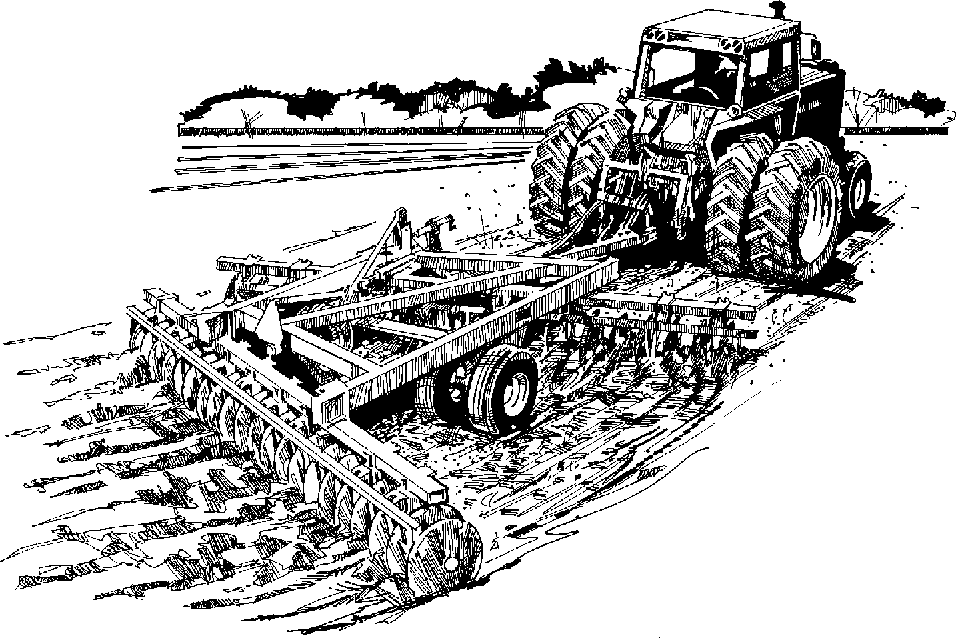 en let down by political representation. With the better use of Participatory Democracy at national and more local levels, such poor representation could be greater addressed quicker before greater damage is done or allowed to further continue.
en let down by political representation. With the better use of Participatory Democracy at national and more local levels, such poor representation could be greater addressed quicker before greater damage is done or allowed to further continue.
To new younger farmers too, a future prospect of Participatory Democracy being able to assist and address matters better according to their individual needs, could be a strong persuading factor for them to decide, to remain within the industry. Remaining there, they might then also further seek to enhance it. Even here, the use of Participatory Democracy can like other factors, give them that opportunity.
It is clear that a number of still ongoing issues for a new generation of young farmers, has yet to be resolved successfully through better political representation – or in some cases, even yet to be even addressed. With Participatory Democracy putting those lacking in their roles, to do what’s right, such issues can be further tackled by new generations quicker.
We have simply got to acknowledge that there are other issues that a new generation of farmer’s face. These issues include access to formal greater specialised training and also through greater financial assistance which additionally needs to be addressed. The state assisting in many ways, young farmers to choose agriculture as a life career, is in the long run, aiding itself to greater self-sustainability, economic sustainability and help preserving a lifestyle that adds to the cultural identity of the state and the preservation of jobs and our overall economic viability.
There is many a decent community worker or local representative that would like the opportunity to assist the present generation of farmers and associated secondary/tertiary levels of industry, to not only continue but be enhanced.
This can only come about by addressing now, the future generations farmer issues that include financial, land, equipment aspects and more. Farming generation issues where in conflict with government taxation and instituted procedural matters, should be greater addressed and resolved also. The first part to solving a problem, is the willingness to recognise there is one and then address it. We repeat ourselves again but this is vital. In research done, by many direct conversations and other communications, it is plain that there is a lot more to be done and also resolved. It must be recognised that the eventual ‘winner’ of such actions would be both to an individual and to the state they reside in. It’s a win-win situation. Why reject it?
Flooding: Crop productivity is reliant not only on quality of input but also on Ireland's land ability to irrigate. UnitedPeople therefore backs the idea that Therefore, canals, tube wells should be constructed to provide better irrigation facilities, which in turn would add to the stability of consistent crop growth without interruption or further risk of long term damage.
Extensive flood control measures should be adopted in the vulnerable areas of Ireland to prevent the devastation caused by floods. We are already seeing too many areas yearly flooded across the island. with possible global warning connections but regardless of possible connection, greater efforts must be made to fortify this area of our economy, ensuring employments within the sector and aid our farmers to protect their generational family livelihood.
With the apparent increasing flooding occurring in Ireland, there must be greater incentives provided for our farming community so they are able to invest in such methods to protect and even possible enhance their area of work that benefits us all.
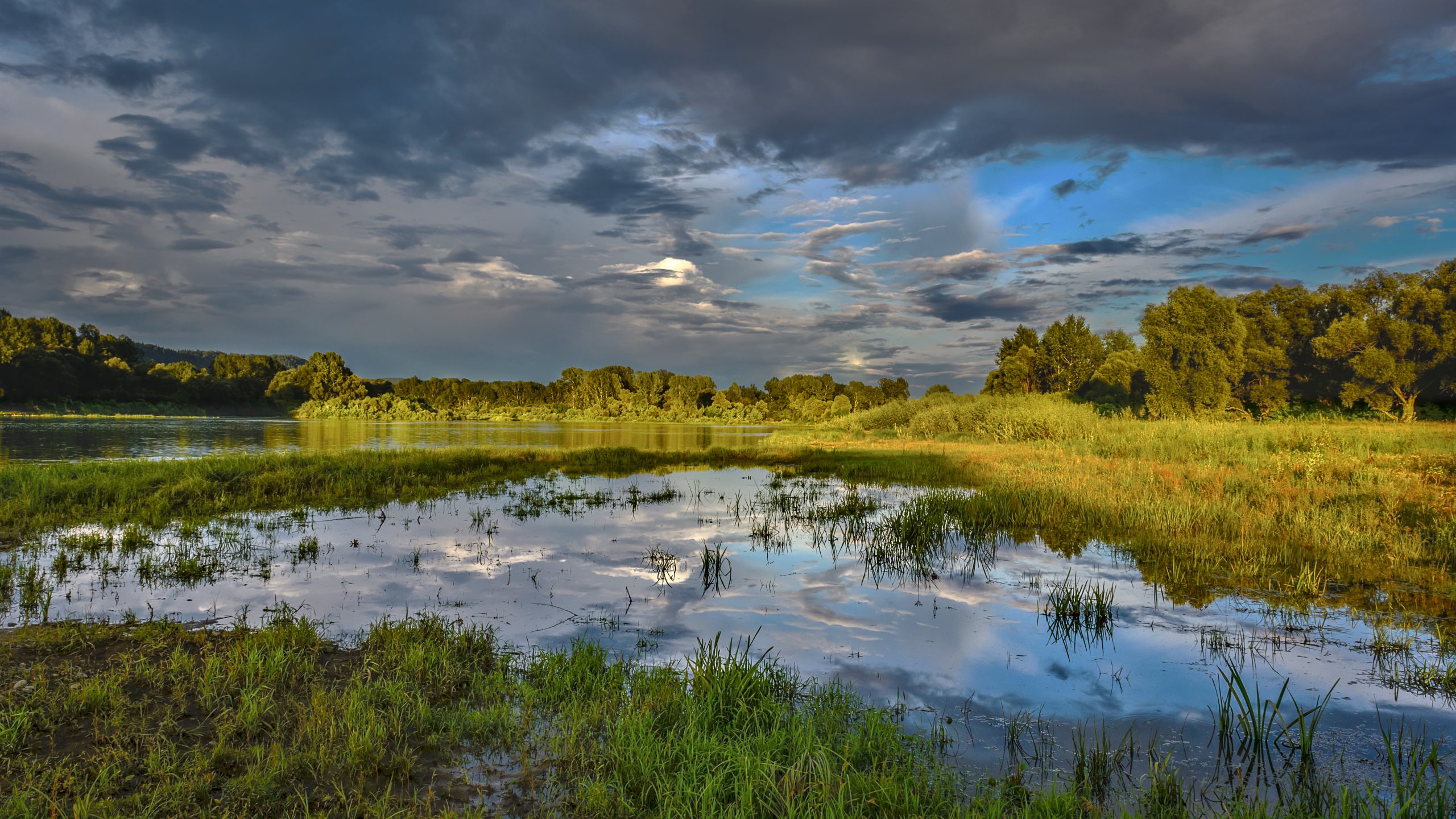
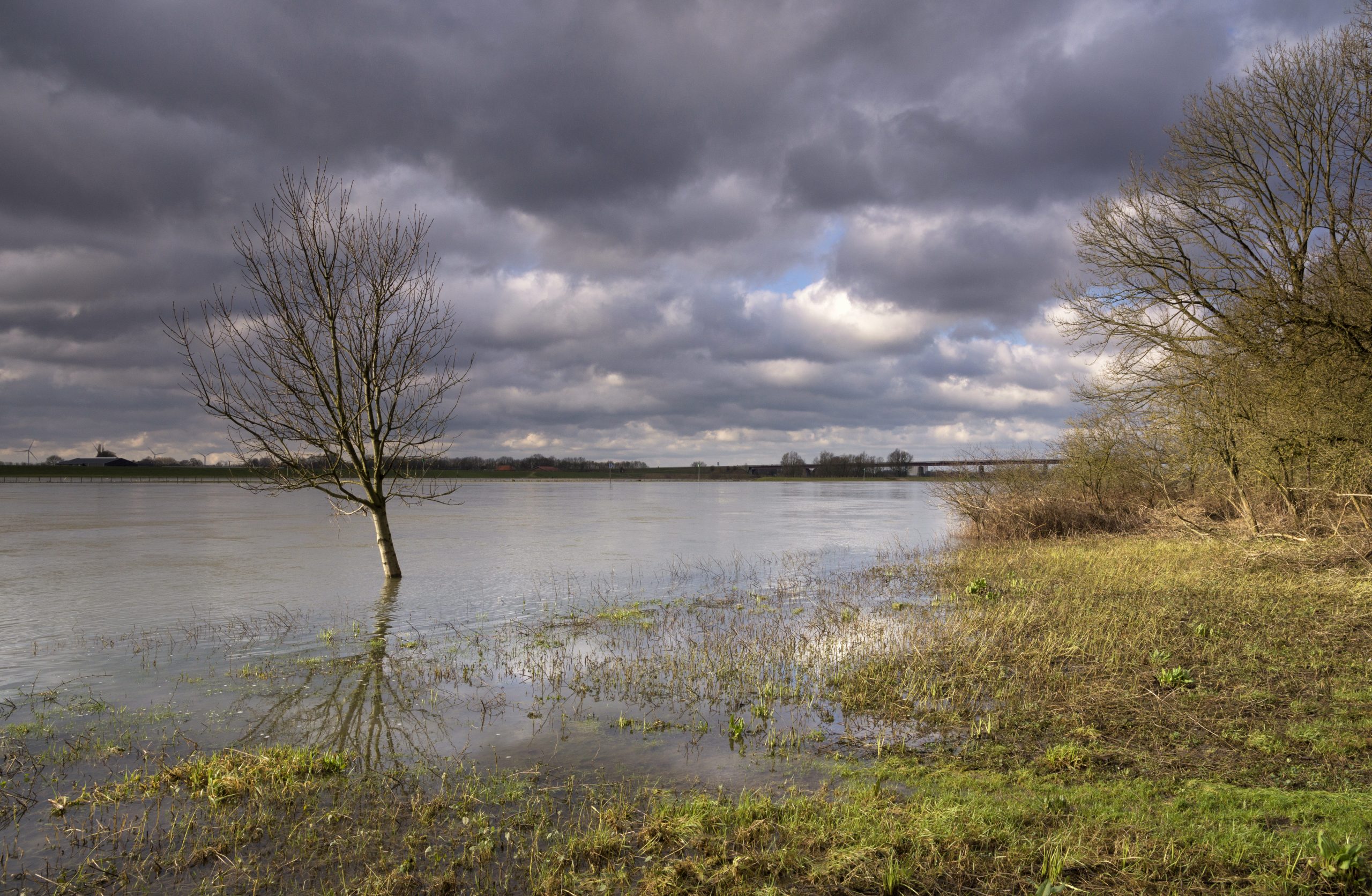
Thank you to Gary Robinson for making us aware of the above video.

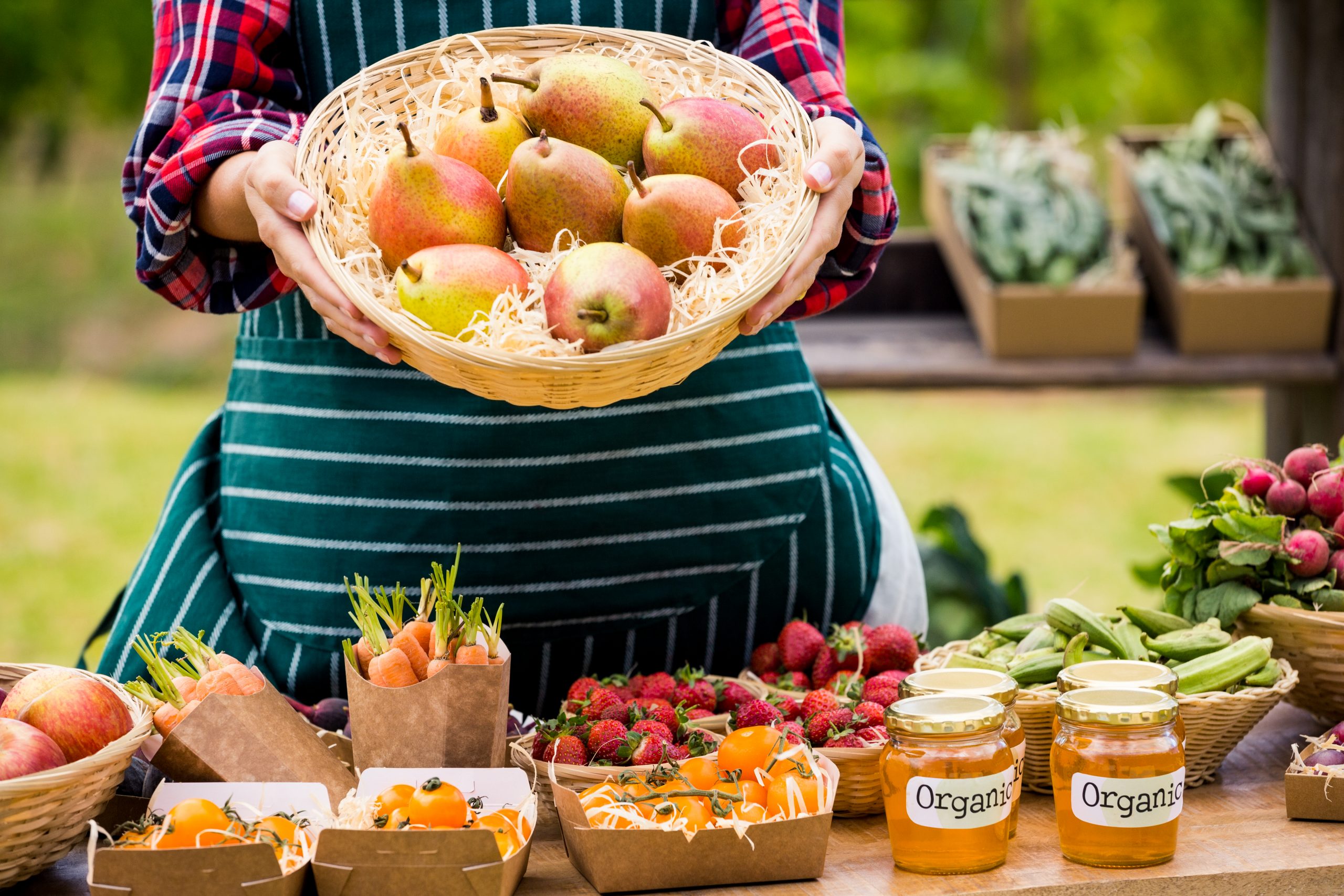
Marketing: In a ever growing faster world that is also growing smaller as communication methods increase with speed, ability to travel increase and methods of goods movement are always logistically changing, it makes sense to help the the farming community in the areas on marketing - including the agriculture sector. Success stories such as THIS one, show that there are still great possibilities that can occur with 'out of the box' thinking and a bit of help from others. UnitedPeople would like to assist the farming community to take greater advantage of an area which knowledge might not at best hand to those involved but can be better provided. A touch of assistance too, can go a long way - even for possible generations of farming communities to come.
Marketing abilities should be widened and strengthened to help the agriculture sector to sell their products at better prices. This in part happens by being able to also reach out to more, to let them know their product equally exists alongside others. After that or in conjunction. work also needs to be done in exposing how a particular product stands out amid the completing rest.
Financing: Farming finances at times for some, appears to be a rollercoaster ride. This is in part down to seasonal growth, ever changing price trends, forces of nature interrupting ongoing work and growth be it plant or animal. There are many influencing factors.
UnitedPeople would like to bolster credit facilities where they might fall short and some also fall between gray gaps of expected incoming payments and actual cash availability. Land mortgaging banks, co-operative credit societies and other institution that presently don't reach all, should be incentivised also to reach out to more for the providing of assistance. Same institutions should be strengthened to provide more short or long-term loans to those that fall between the aforementioned cracks. Integrated schemes of rural credit needs to be more examined.
Population Expansion: As our population continues to grow, more and more land will be needed to facilitate ever increasing construction of homes, be they apartment blocks, single home construction or new estates being built on the fringes of expanding town and cities. There is no doubt such constructions are needed but in both the protection of the environment and for the preservation of what's natural within Ireland borders, UnitedPeople would like to see more accountability in the area of subdivision and fragmentation of land holdings.
Greater protocols and stronger land protection safeguards should in in place prior to the application of private industries trying to encroach upon our rural green or water content Ireland regions.
There should be greater state incentivisations for pre-existing agricultural land owners to keep their holdings as large as possible. The size protection of such areas also help to stabilise decreasing areas where natural wildlife attempts to continue existing against encroaching humans and their non-nature protecting ways.
Rather than see land lost to urban expansion, on the off chance that agricultural surplus land may become available, UnitedPeople would like to put in place additional safeguards (protocols) and other incentivisations to make it come about that such land might be better distributed among new, small and marginal farmers.
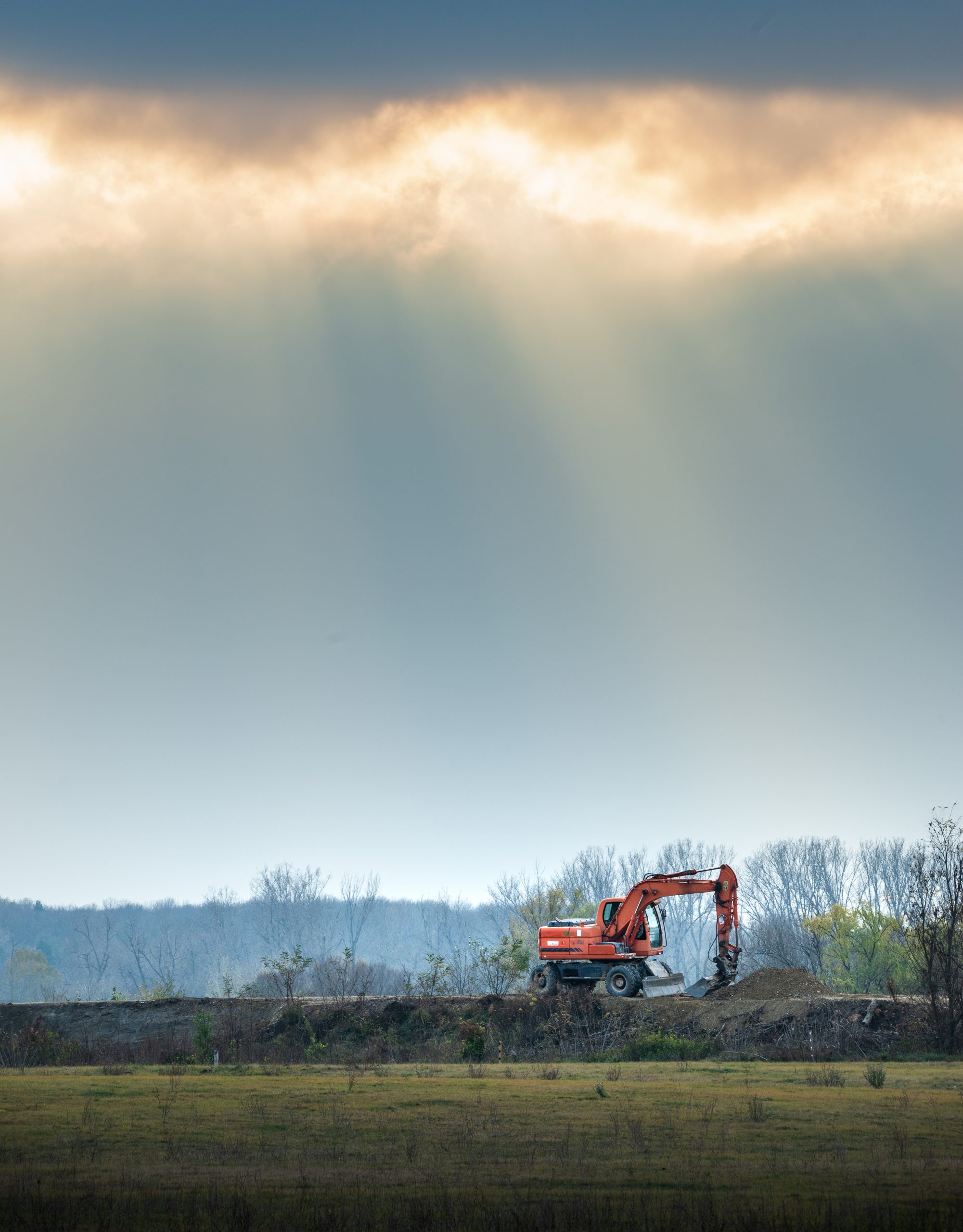


SME And Co-operative Farming: Separately to, and in co-operation with greater marketing abilities, UnitedPeople would like to advance opportunities for the growth of more SME's amid not just urban zones but rural communities too. This would mean co-operative farming could come into play and self sustainability could be more localised between fellow rural setups rather than having to reply on more distant inter-cooperating enterprises.
Co-operative plant/animal farming areas would be better utilised (with rural protection systems built in) for the advancing of rural SME's to grow rather than sometimes have to move towards closer to urban areas for successful sustainability and subsequent growth. This obviously with mean transportation factors come into play and with better working cooperatives, should increase significantly the chances of rural population also not have to decentralise from their natural regions, to farther more built up areas. In rural areas, more importance could be made to set up cottage and small scale industries within rural zones based on the localised produce and more. This will raise the income of citizens and help keep them employed during any additional off season.
If you haven't spotted it by now, UnitedPeople would like to overall protect our rural regions from depopulation, as some might see lesser opportunities to exist in such regions with an inadequate availability of decent living standards and work availability. Our rural communities, individually and collectively, need love and protection.
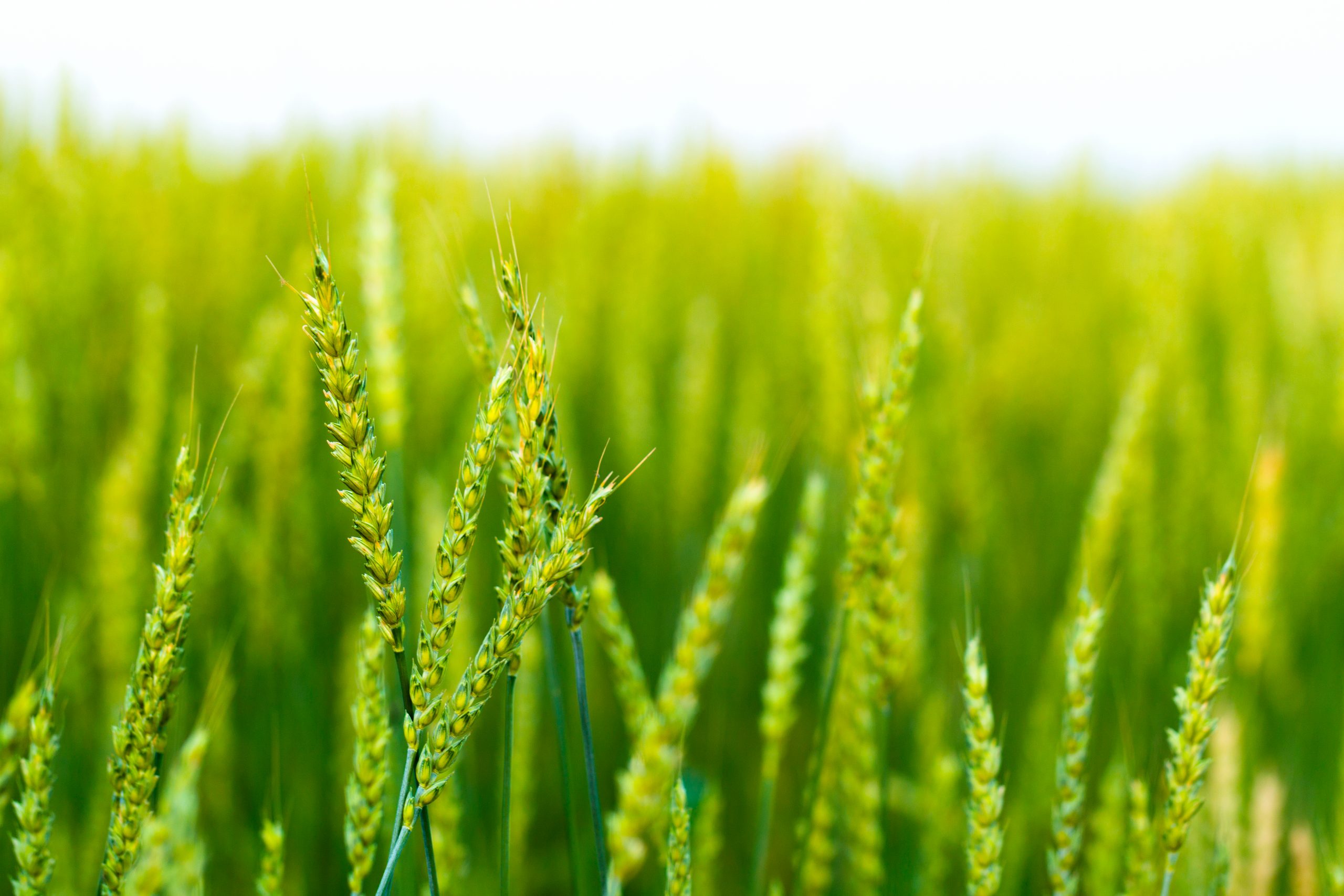
The Ireland tillage sector is an area what gains little publicity and even lesser public credit but on Ireland and European terms it is and area with a bity of further assistance, can be good for the employment sector in Ireland, good for those already working in it, help to create further national economic stability and good for Ireland's reputation.
As time has passed, people's food intake have changed towards more natural and sometimes more environmental conscious directions. The tillage sector of Ireland has long produced goods toward this market and with acknowledgement that it's further expanding worldwide, UnitedPeople believes that Ireland with the right resources, support and more, are on an island that is be able go even further in such world market business.
Here too, like other sectors of Irish industry UnitedPeople is willing to help and support, we believe beyond financial help that can be of more use, the proper business connections provided, material support, marketing help and more, can have further positive effect for all involved.
The tillage sector faces a number of challenges. These include cost of land and access to it. Further inaccessibility to plant breeding technologies that could advance production and under appreciation by others politically and publicly, to the full value of tillage farming work done, it's end products and the role this sector can play towards Ireland employment numbers and business sales.
To quote a Crops 2030 Strategy Report - LINK:
"The economic and social sustainability of the sector is also positive with tillage farmers next only to dairy farms in farm profit, even if the per hectare profitability differs considerably."
and
"Ireland’s reputation as a leading food exporter is primarily based on meat and dairy products. With concern about health and environment putting the focus on plant based foods, there is scope to build on the small but successful example of oats and cold-pressed rapeseed oil as Irish crop foods. Other food options, based on crops that grow well in our climate, need to be considered and developed.
We could not have put it better. We complete agree. There is much more work to be done in the areas of tillage farming, an equally vital a sector that has great further potential. UnitedPeople is willing to do the work needed.
